Who We Are
Meet The Team
Leadership
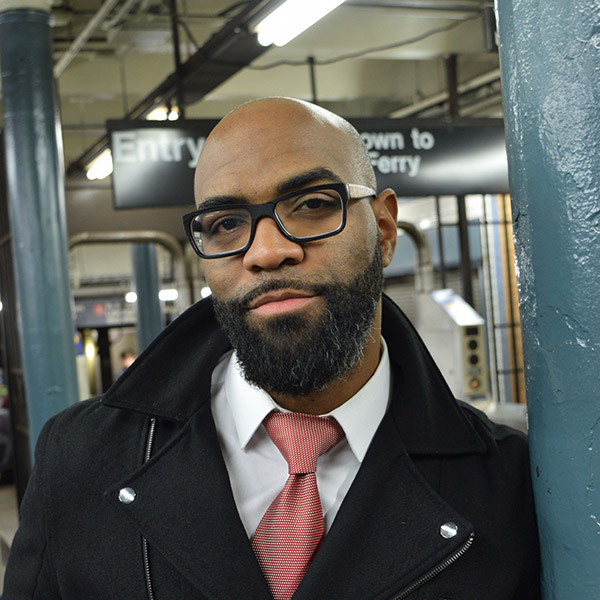
Jamaal Sharif Matthews, PhD
Program Director & Co-Creator
Associate Professor, Education & Psychology
College of Education and Human Services
Montclair State University
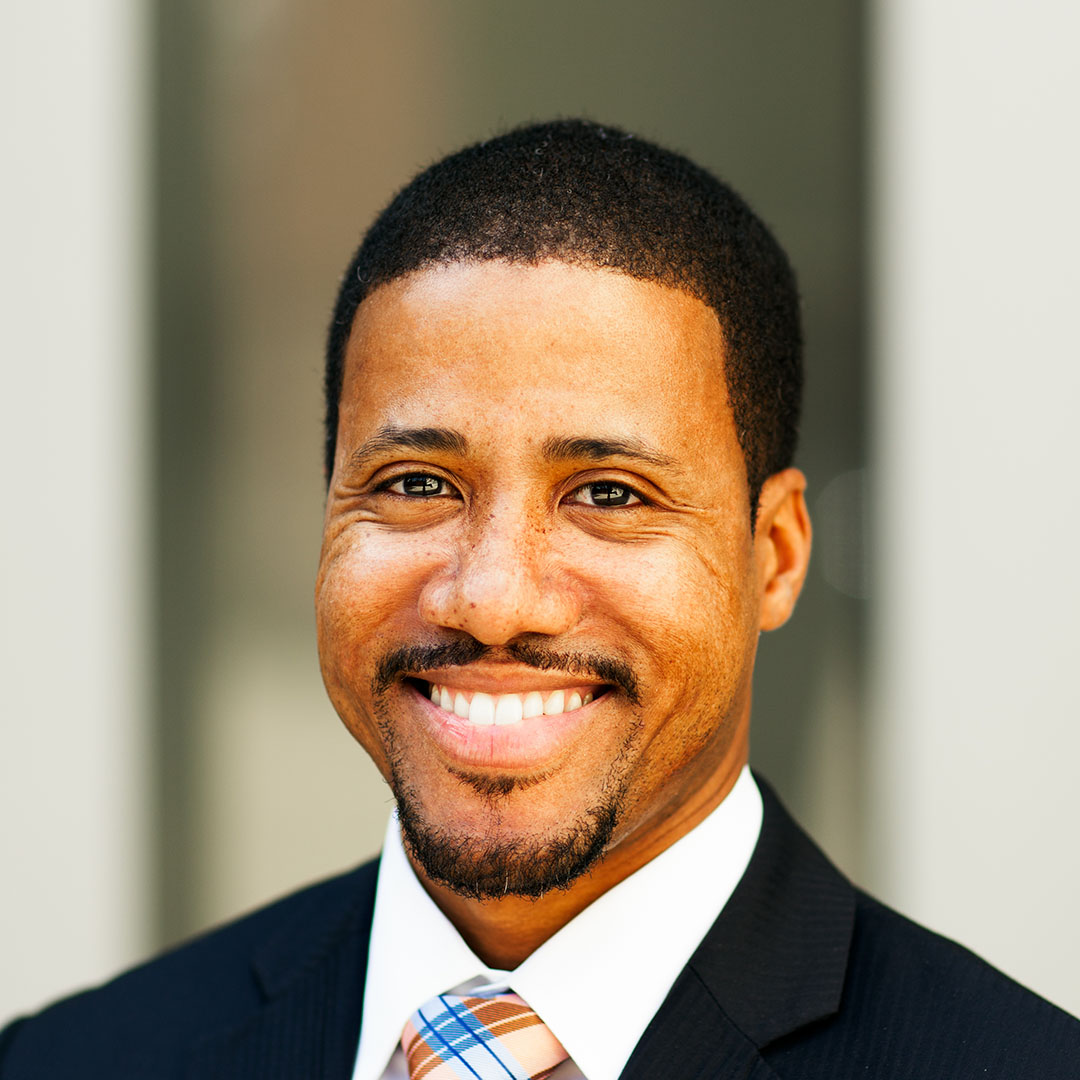
Lumas Helaire, PhD
Founder & Co-Creator
Associate Director, Office of Academic Multicultural Initiatives
University of Michigan
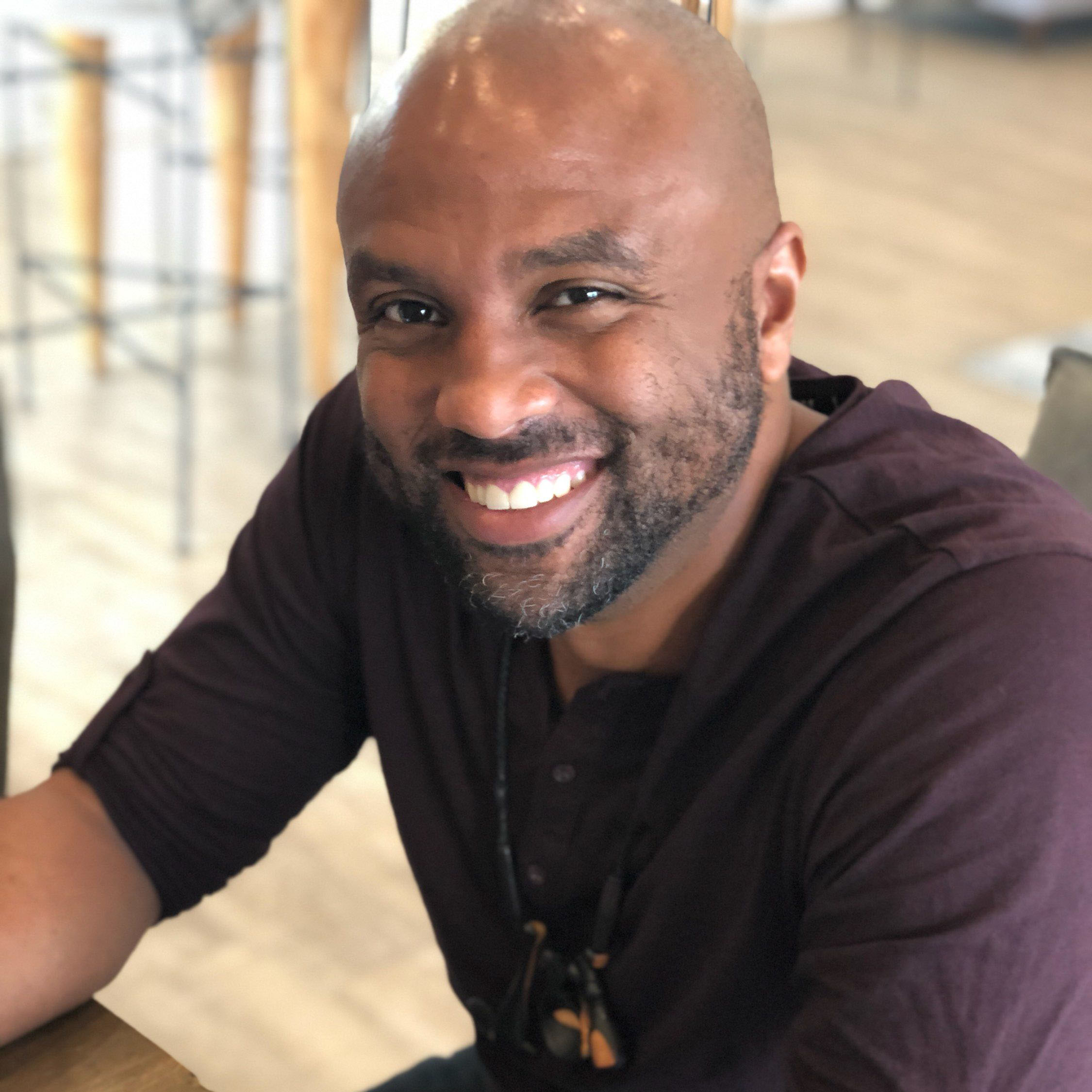
Brian Carey Sims, PhD
Founder & Co-Creator
Executive Director, Jomoworks LLC
Associate Professor, Department of Psychology
Florida Agricultural and Mechanical University (FAMU)
Advisors

Eric Okai
Instructor for THREADS, School Liaison, Former THREADS mentor ‘19

Kyle Boomhower
Instructor for THREADS, School Liaison, Former THREADS mentor ‘16
Mentors of the Year
2019
Mariah Rohan & Eric Okai
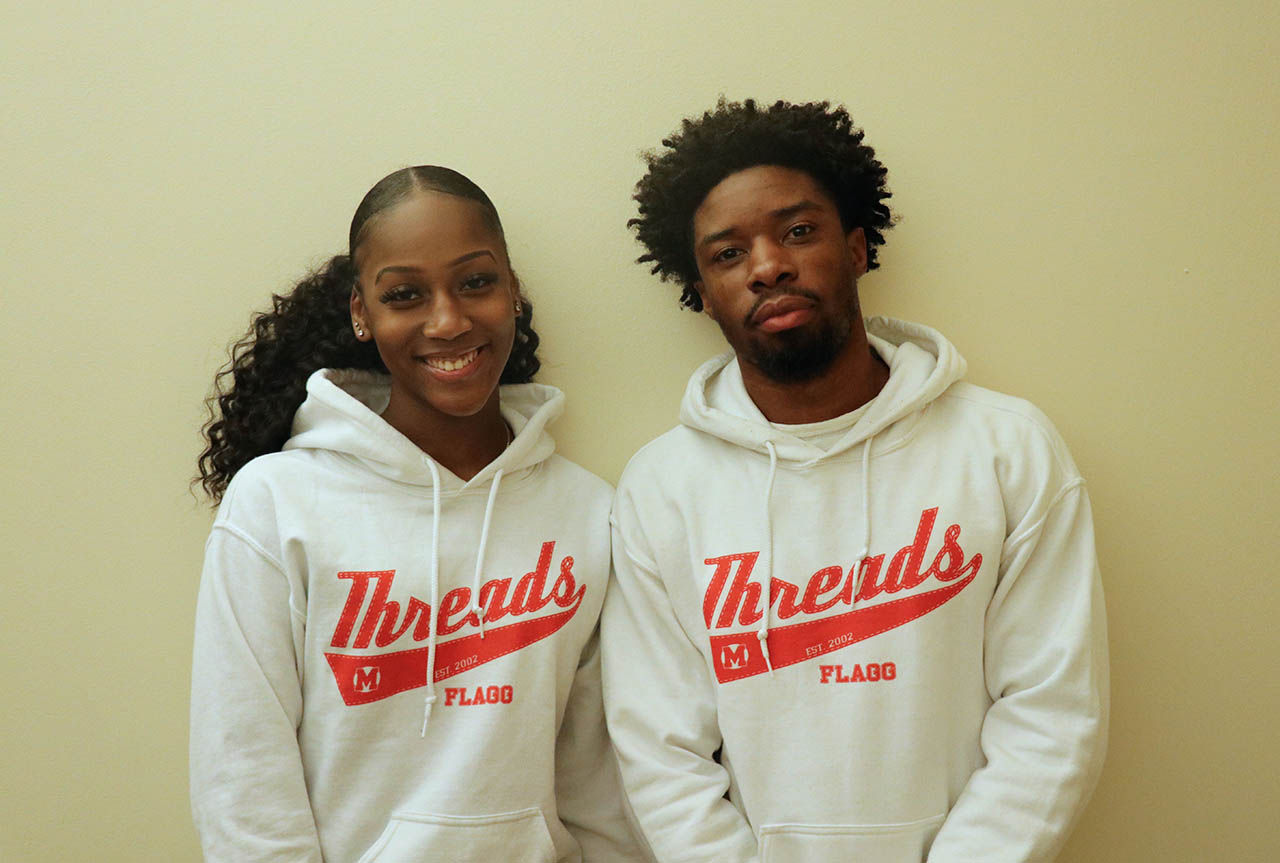
2018
Jherel Saunders-Dittimus & Jessica Smith
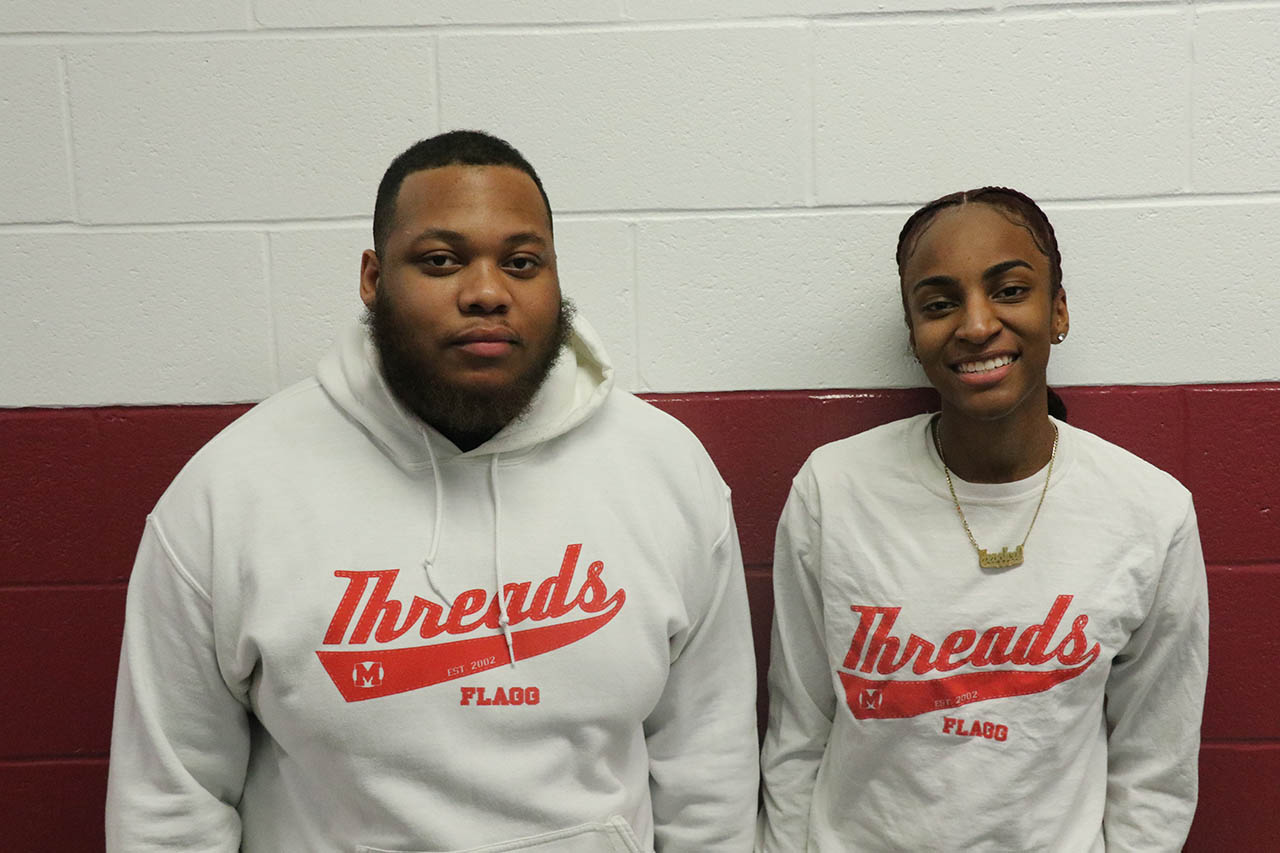
Past Mentor Cohorts
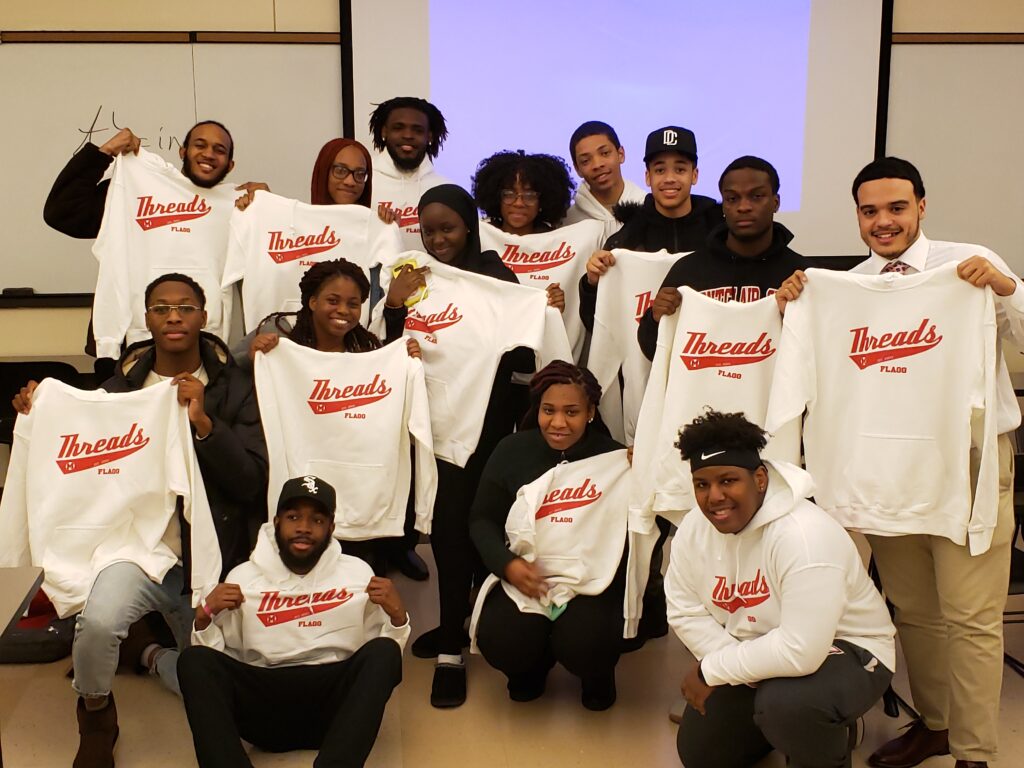
Mentors Cohort 2020, Montclair State University
(from left to right): Micah McNear, Aishah Sabur, Jasir Clark-Washington, Fatou Amar, Chantal Clementson, Ian Sabbat, Tommy Foster, Armand Jacques, Ashon Lanada, Leonard Wimbush, Jasmine Metellus, Kevin Bernard, Teanna Johnson, Tony Jordan
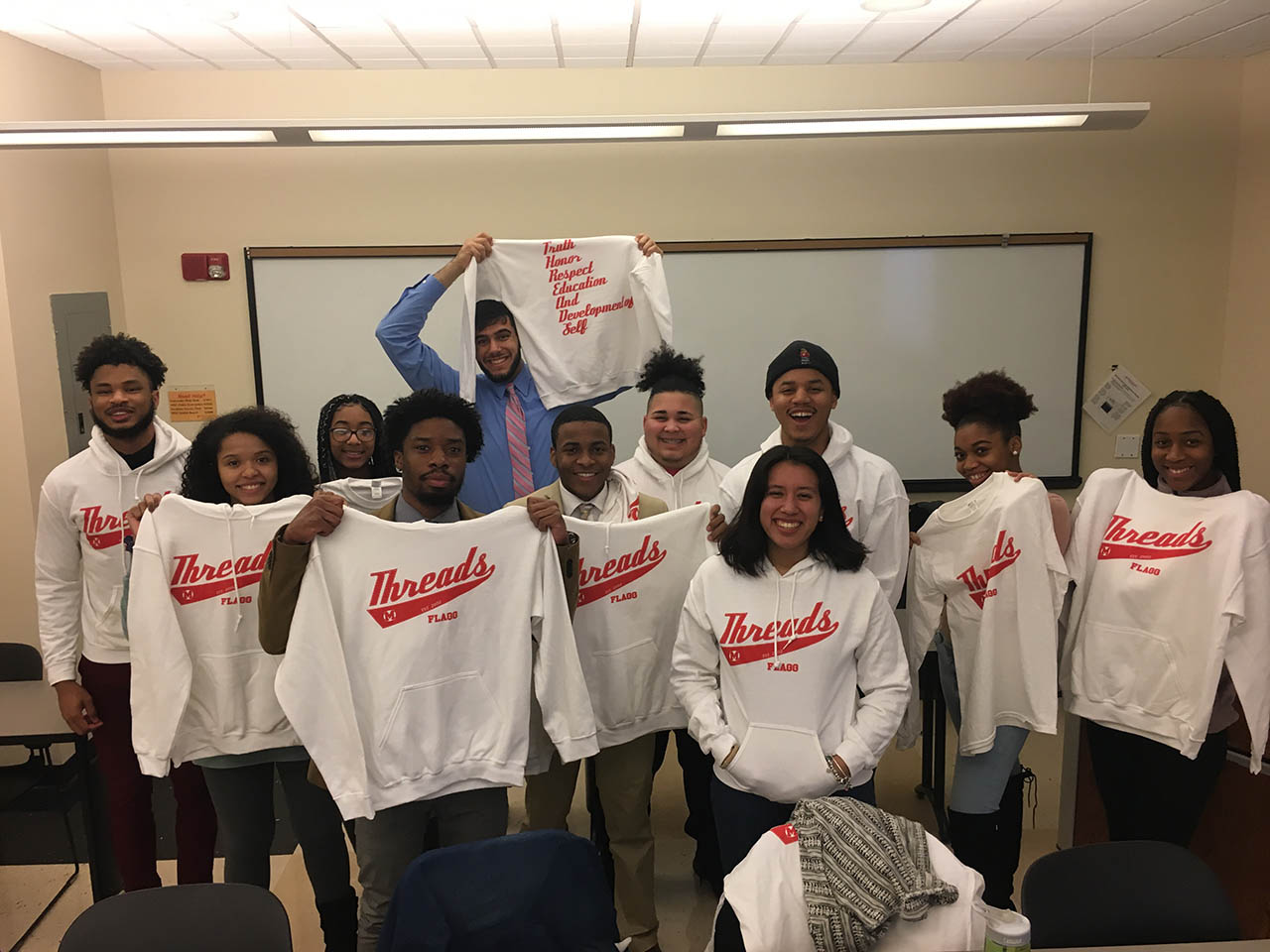
Mentors Cohort 2019, Montclair State University
(from left to right): Jasir Thomas, Jen Guzman, Deja Peterson, Eric Okai, Zaid Hussein, Mekhi Rivers, Will Dominguez, Melanie Garcia, Ja’Quan Dees, Leonie McDermott, Mariah Rohan
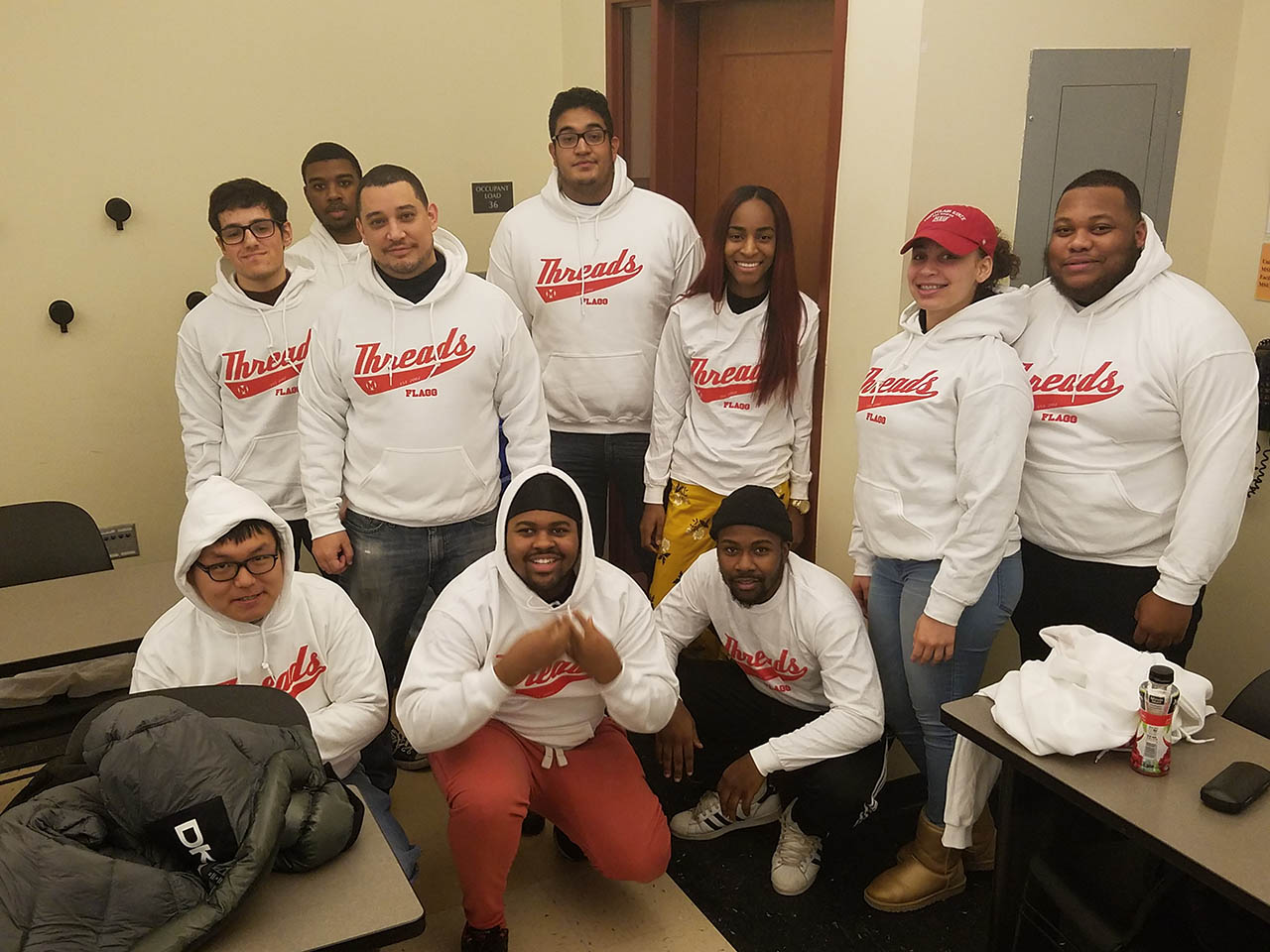
Mentors Cohort 2018, Montclair State University
(from left to right): Kevin Lee, Andrew Desisto, Terrance Pettiford, Octavio Cano, Mechi Brown, Fausto Geraldo, Jessica Smith, Chianti Welch, Terra Applegate, Jherel Saunders-Dittimus
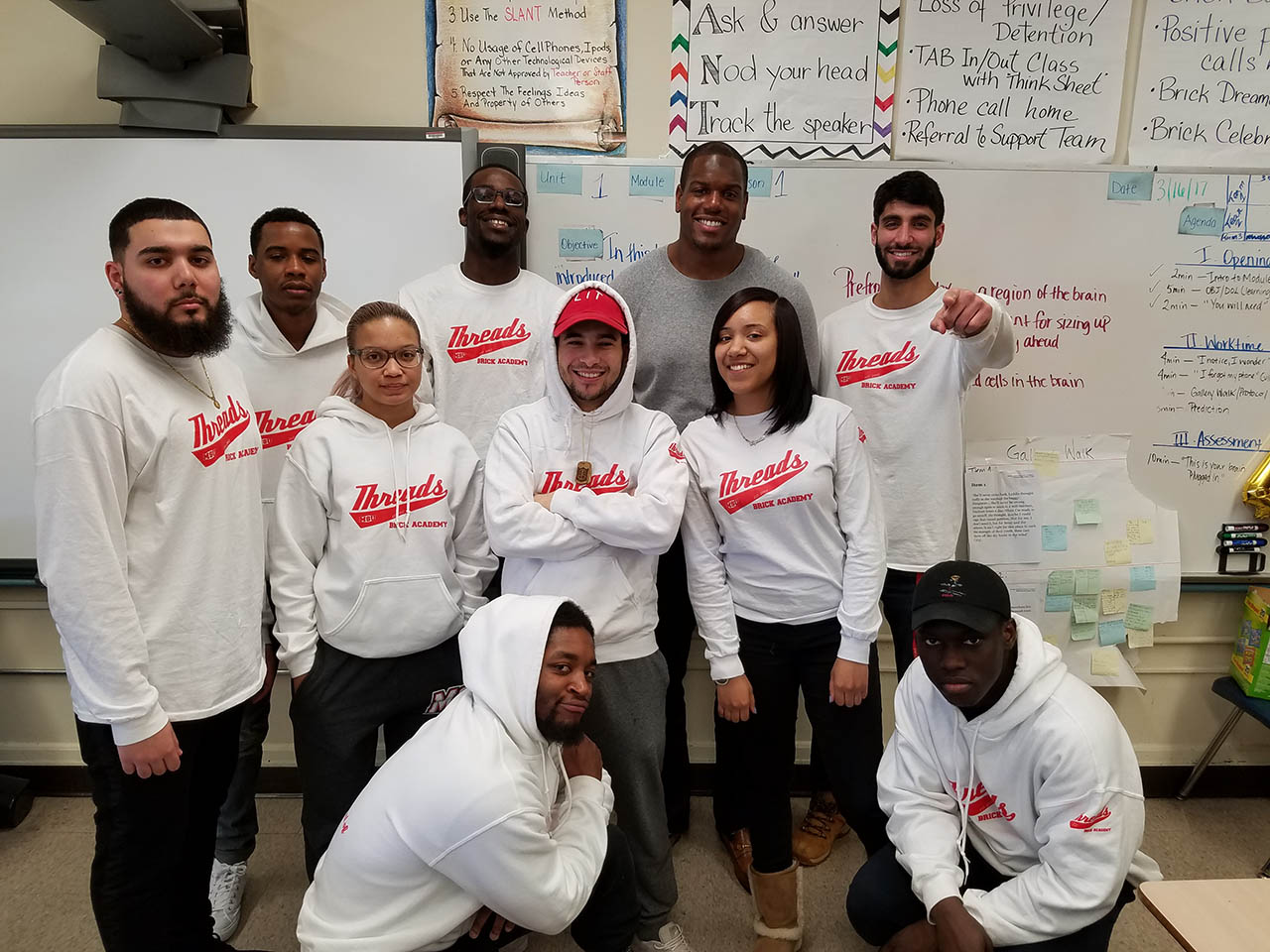
Mentors Cohort 2017, Montclair State University
(from left to right): Saul Ocasio, Rayson Bernard, Siani Sanchez, Sam Mompoint, Corey Ford-Graham (front knee), Irving Lozada, D’brickashaw Ferguson (Guest Speaker), Llyasha Moore, Ahmad Sehwail, Derrick Nelson (front knee)
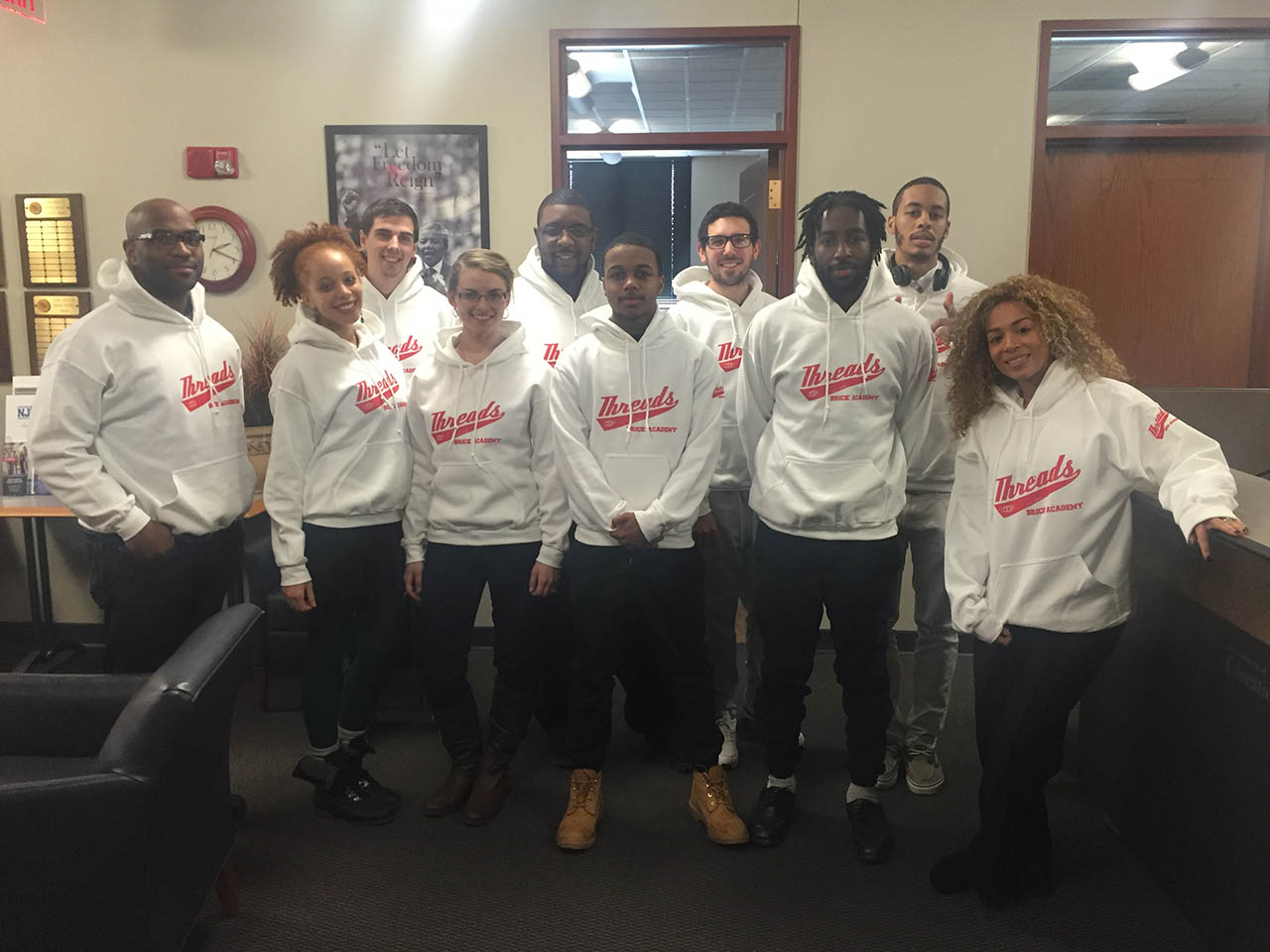
Mentors Cohort 2016, Montclair State University
(from left to right): Dr. Jamaal Matthews (Director), Jorgi Almojahed, Kyle Boomhower, Leanna Sweetman, Gene Washington, Ivory Fennell, Dave Namery, Andrew Barley, Elijah Blackwell, Lauren Ramos (Project Manager)
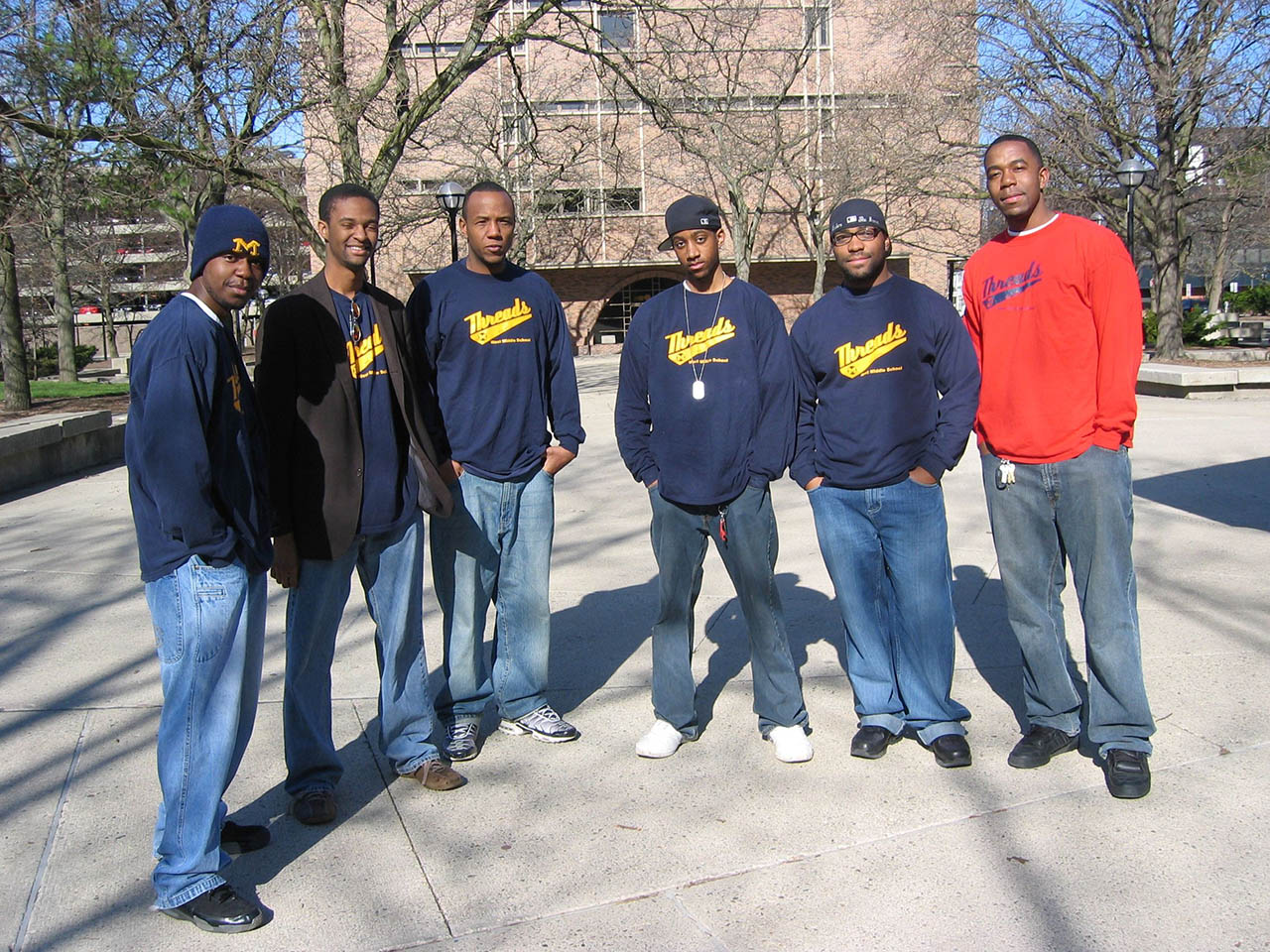
Mentors Cohort 2008, University of Michigan
(from left to right): Walter, Kenny, Chris, Jared, Jamaal, Ike
Mentor Testimonials


CONTACT US
info@threadsmentorship.com
ON TWITTER
ON INSTAGRAM
FOLLOW US!